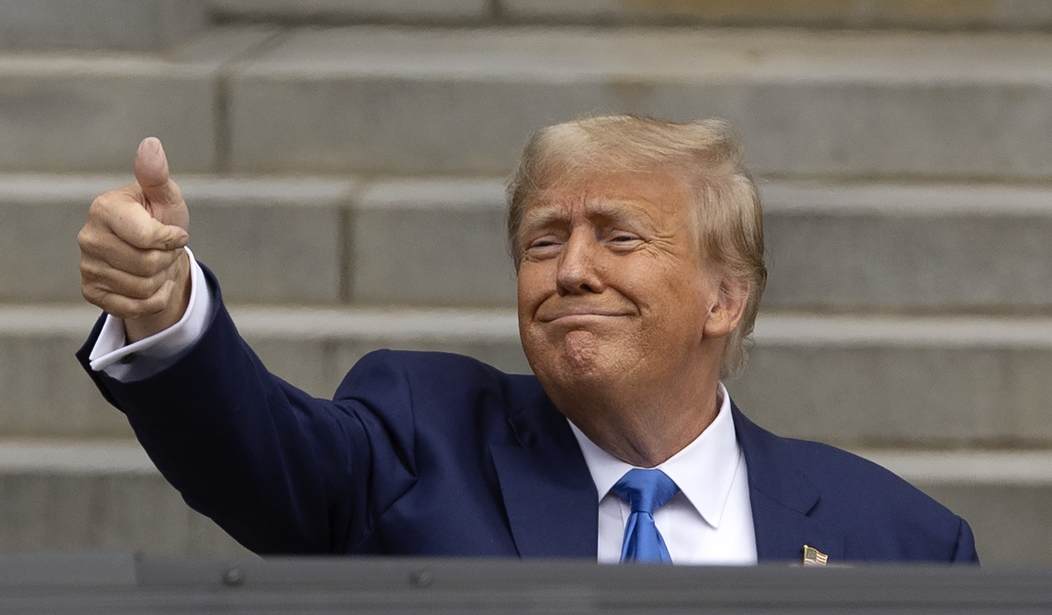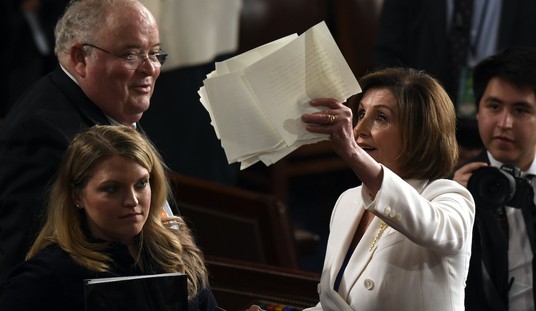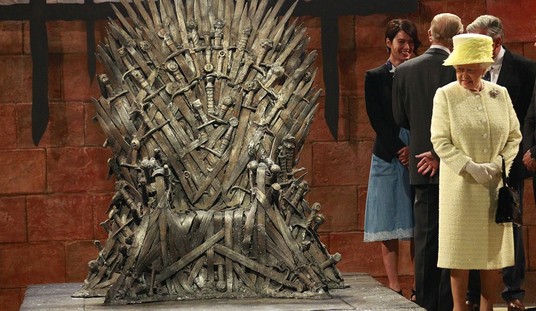The Minnesota Supreme Court has just ruled that former President Donald Trump will remain on that state's 2024 presidential ballot, in a ruling based in part on First Amendment arguments by the Minnesota Republican Party.
The Minnesota Supreme Court rejected a request Wednesday to bar former President Donald Trump from the 2024 ballot under the U.S. Constitution's insurrection clause that dates to the post-Civil War Reconstruction era.
The ruling came quickly; five justices heard oral arguments on the case last Thursday and sounded skeptical during the 70-minute session.
Chief Justice Natalie Hudson started out saying, "'Should we' is the question that concerns me most." She raised the specter of electoral chaos if 50 state courts decided differently on Trump's eligibility. "So, should we do it?" she asked.
The decision came on a petition filed in early September by a bipartisan group seeking to bar Trump from the Minnesota ballot based on Section 3 of the 14th Amendment. The so-called insurrection clause prohibits former officers from holding office again if they've "engaged in insurrection or rebellion" or "given aid or comfort" to those who did.
The "insurrection" in question being, of course, the January 6th, 2021, acts at the Capitol in Washington, D.C.
The petitioners cited the 14th Amendment in their arguments:
Leading the effort were the nonprofit Free Speech for People, former Minnesota Secretary of State Joan Growe and former Supreme Court Justice Paul H. Anderson. Their attorney, Ronald Fein, argued that Trump is disqualified from holding future office because of his actions on and leading up to Jan. 6, 2021.
The Minnesota GOP argued, successfully, that the First Amendment's guarantee of freedom of association precluded any possible 14th Amendment issue:
But the state GOP argued that blocking Trump violates its First Amendment right of association, because doing so would restrict who the GOP can choose as their presidential candidate.
Section 3 of the 14th Amendment states:
No person shall be a Senator or Representative in Congress, or elector of President and Vice-President, or hold any office, civil or military, under the United States, or under any State, who, having previously taken an oath, as a member of Congress, or as an officer of the United States, or as a member of any State legislature, or as an executive or judicial officer of any State, to support the Constitution of the United States, shall have engaged in insurrection or rebellion against the same, or given aid or comfort to the enemies thereof. But Congress may by a vote of two-thirds of each House, remove such disability.
The bolded portion is the relevant passage; it's important to note that the 14th Amendment was passed at the end of the American Civil War, and the clause cited was intended primarily to prevent unpardoned Confederate States officials and military officers from seeking office in the re-United States.
A similar case is ongoing in Colorado; in that case, Colorado District Judge Sarah Wallace has ruled that the effort to prevent Trump from a place on that state's 2024 ballot may continue.
Both cases are expected to end up before the United States Supreme Court for resolution.
RedState will continue to bring you the latest news on these efforts, as it becomes available.















Join the conversation as a VIP Member